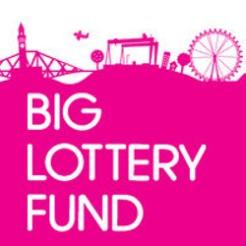Voluntary sector organisations in England have been invited to apply for a share of £630,000 of funding from the Big Lottery Fund to help develop their bids for the European Social Fund.
BIG announced in June that it was putting up to £260m of National Lottery funding into the European Social Fund, which will be matched by a similar figure from Europe, to tackle poverty and promote social inclusion.
Historically voluntary organisations have found it difficult to access European funding, BIG said.
BIG’s £630,000 programme development fund, which opens to applications today, is available to one lead voluntary organisation from each Local Enterprise Partnership area, which are local bodies made up of businesses, the public sector and voluntary sector organisations.
The role of the lead voluntary organisation is to ensure there is widespread awareness of the opportunities available through the European Social Fund and to act as a main contact for local queries, the fund said. It will also bring together the voluntary community and social enterprise sector to discuss local need.
Funding of between £10,000 and £50,000 is available to each LEP area and the deadline for applications is 4 September.
Dawn Austwick, chief executive of BIG, said: “This development funding will help to prepare potential applicants for the main ESF funding opportunity which will open in 2015.
“By matching and delivering the ESF, the Big Lottery Fund is giving the VCSE sector as easy access as possible to the money by using our expertise from the last ten years of supporting communities and people most in need.
“With 36 LEP areas looking to work with us, the main funding could support a wide range of projects from improving employability for the most disadvantaged, helping those with multiple and complex needs, or improving financial literacy, helping them to overcome challenges in their lives.”









